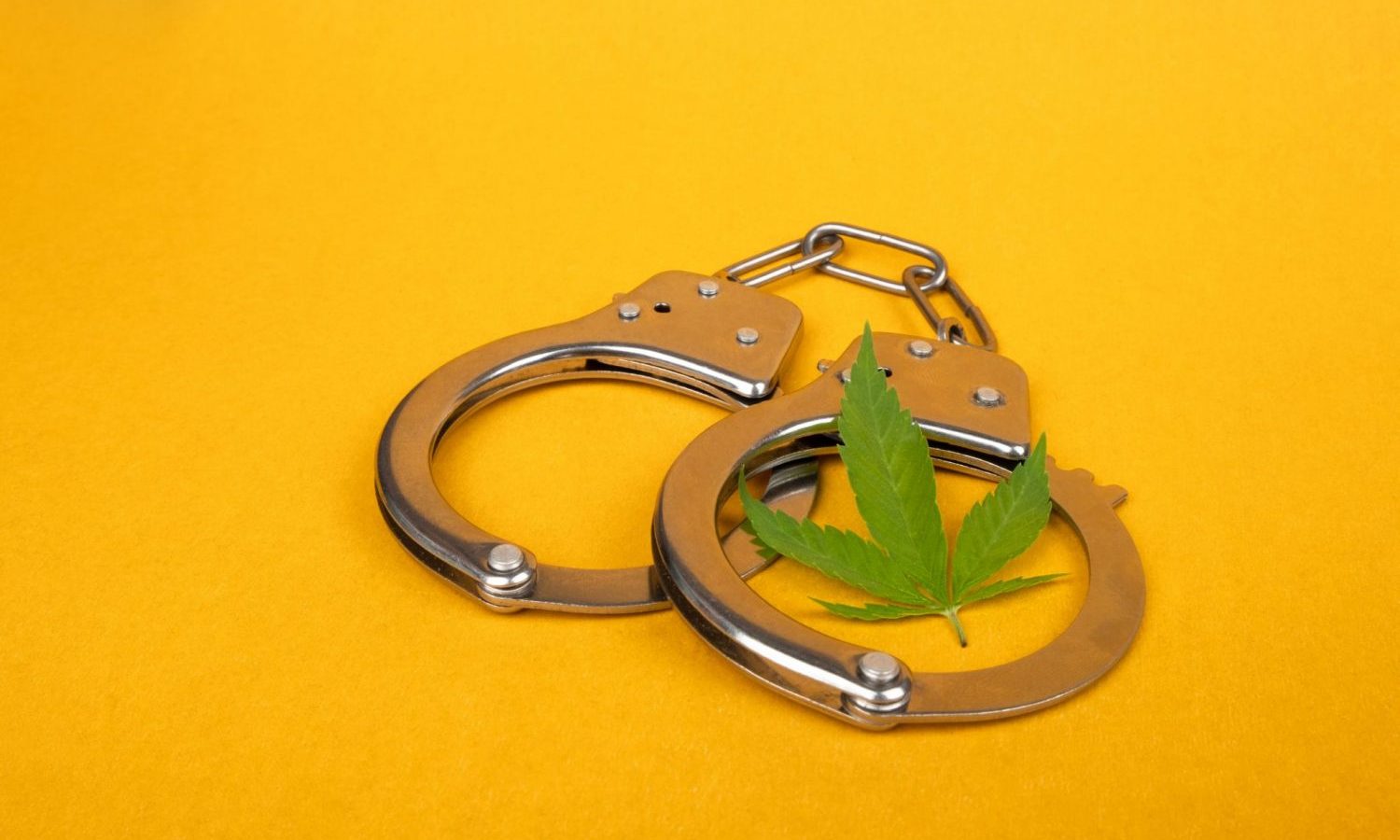Cops are not required to provide any special storage for the cannabis they seize, meaning that they can literally just drop it in an evidence locker and look the other way.
For those of us who have been smoking cannabis long enough, our relationship with the police is not the best. However, this distrust is not unwarranted. You can simply take a look at arrest records over the past 20 years to see how cannabis users were targeted and charged with simple possession
While cannabis may still be illegal on a federal level, many states have legalized it for recreational or medical purposes. This has changed the dynamics between the police and people who are legally sanctioned to grow weed. However, the cops still have plenty of benefits when it comes to harassing cannabis users and growers alike.
A recent Forbes article illustrated how the police can get away with destroying hundreds of thousands of dollars of goods and have no legal requirement to reimburse the people affected by a wrongful seizure.

The story deals with Chelsea Sutula, the CEO of cannabis retailer Sespe Creek, who in 2016 fell victim to a wrongful arrest by the Ventura County Sheriff deputies and who seized $350,000 worth of cannabis plus an additional $34,000 in cash from the Sespe Creek Collective.
After being arrested, over the next five years she has been battling criminal charges that were consequently dropped. The money was returned to her as well, however, she had to file a civil suit against the Sheriff’s department in order to have her cannabis returned.
For five years, the cannabis sat in an evidence locker and over time. After bugs, mold and natural degradation took place, the entire seizure was rendered “worthless”. The 25 pounds was delivered to Chelsea eventually, but at that point, there was no more monetary value to the crop.
The problem doesn’t come with the cops returning the weed — this is actually completely normal police procedure, especially if they have a wrongful accusation or conviction — it comes with the nature of cannabis itself.
Cops are not required to provide any special storage for the cannabis they seize, meaning that they can literally just drop it in an evidence locker and look the other way. In the case of Chelsea, a whopping five years went by before they were ordered to return it to the rightful owner.
While many police departments argue that safely storing the cannabis inhibits their ability to investigate any criminal wrongdoing, places like Oregon do require the police to keep the cannabis in a “usable state” and to pay owners any compensation if the crop turns out to be legal. However, this only relates to medical cannabis.
RELATED: Marijuana Is Legal Almost Everywhere, Yet Weed-Related Busts Increase
More importantly, because of the illegality of cannabis on a federal level, there are serious issues with cops returning weed at all. According to Forbes:
Other states don’t even do that much. In 2017, in a decision penned by a judge believed to then be on former President Donald Trump’s short list for US Supreme Court nominees, the Colorado Supreme Court ruled that law enforcement in that state “cannot” return cannabis seized “during the course of law enforcement duties.”
Returning legal cannabis to citizens from whom it should not have been confiscated in the first place is allowable only if “it complies with state and federal law.” Since cannabis is still illegal under federal law, the mere act of law enforcement returning it to a citizen is “similar to distribution of a controlled substance,” as the University of Colorado-Boulder reported in a news release.

Now, Chelsea Sutula is looking to sue the Ventura County sheriff’s office for rightful compensation and this is definitely something that could send ripples across the nation as more places begin to legalize. If Sutula is successful, it would incentivize the police to make sure that if they are to seize legal cannabis, they will have to store it adequately or be faced with paying the difference.
This has already happened once in 2010 where a medical cannabis patient in San Luis Obispo County won a case against the police and was allotted $20,000 in compensation for six pounds of cannabis. If Sutula wins, it would be the largest payout in the nation from a police department towards a wrongfully charged individual (collective).
Why this is important and why cannabis insurance will become a big thing
Once again, one of the main issues in this story is the illegality of cannabis on a federal level. We are seeing more states legalize, and as a result, many legal businesses might be targeted by the police. I’m not saying that the police are targeting these businesses to harass them, rather, we’re saying that when a mistake is made by the police department, they should be liable for the property.
RELATED: Here’s What Happened To The 100K Cannabis Plants Seized In Historic San Fran Area Bust
Think of it this way: If the cops seize a lambo and then return it all scratched up, a few tires missing and the door removed, they would be held responsible for the condition of the goods. Cannabis is also a good, and currently they can return it “all scratched up” and damaged without having to face any consequence to their actions.
This is something that we will have to take a closer look at as we continue to move forward with legalization all over the nation. We’re coming to a point where these kinds of rulings need to be addressed, especially since 1 in 2 Americans live in a place where cannabis is somewhat legal. If we’re taking a look at hemp cultivation, which at times can also be mistaken for illegal drugs, the entire nation is under some sort of cannabis-related law.
There needs to be some rules of engagement and compensation in place.


